How to Write and Create an SEO-Optimized "About Us" Page
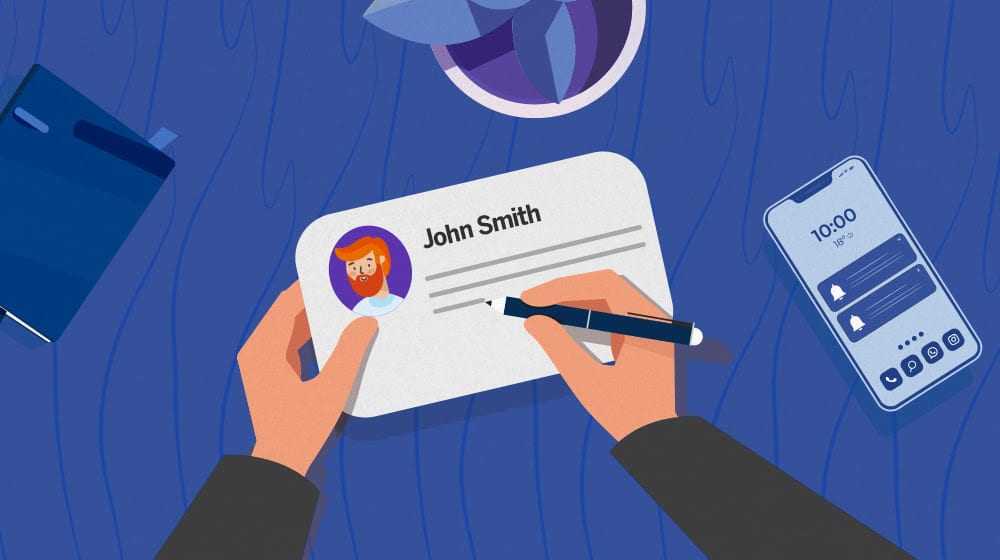
Writing an "about us" page is, in many ways, just like writing any other page on your site. You want it to be visible, attractive, and full of useful information. You also need it to target relevant keywords.
The trouble is, since it's not part of your usual sales funnel or general marketing channels, it's much broader, much more focused on yourself, and even harder to rank. But that's okay; your About page isn't necessarily designed to rank on its own but to stand as a resource for anyone interested in your business. It's also a great page to have as a Sitelink.
Also, it's a mistake to say that your About page isn't part of your sales funnel. Most people don't think it is, but the truth is, a well-developed About page can convert at a higher rate than a contact page! It's important to have a robust, useful About page, so the question is, how do you write one?
Let's go through the process step by step.
 30 Second Summary
30 Second Summary
You'll want to focus on building trust and converting visitors with your About page since it can convert better than a contact page. You need to include your brand story, mission and what makes you unique. Make sure to add contact details, team information and relevant certifications. When you optimize for keywords, focus on your brand terms and broad industry phrases not specific service keywords. You should add social proof like testimonials and keep testing different CTAs to improve conversions.
Step 1: Know the Purpose of the About Us Page
The specific information on it can vary depending on a bunch of different factors, such as whether or not you're a long-established company versus a startup, an individual entrepreneur versus an agency, and so on. The information you present and how it's presented needs to be tailored to your target audience.
If you have multiple disparate target audiences, it should focus on the most lucrative of those audiences, without excluding the others if possible.
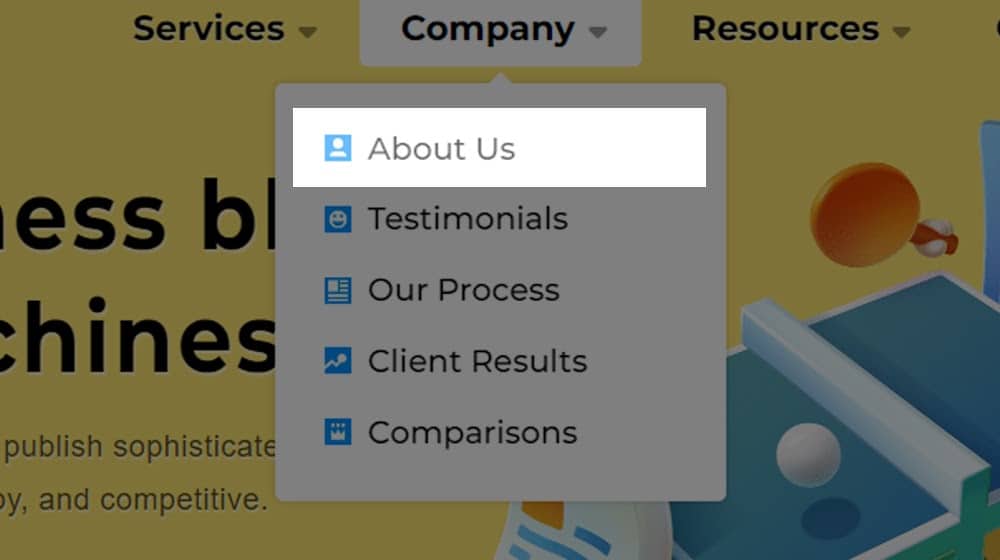
Consider the reasons why a user might be checking your About page.
- They're a freelancer checking to see if you're an authoritative and trustworthy source they can confidently link to (earning you backlinks.)
- They're a potential customer checking to see if you're a trustworthy business before they decide to make a purchase.
- They're concerned about your company's ethical and moral stances and want to know if you express concern about such issues or not.
- They want to know that there's more to you than just a profit motive in a trench coat.
Knowing why people are likely to be checking your About page helps you tailor your content to their needs, just like you would any other piece of content you create.
Step 2: Determine the Information to Include
There are a lot of different potential pieces of information you can include in your About page. Some of it is guaranteed to be there, like who you are, your overall company mission, and your contact information. Other information may not be necessary, like a company timeline and milestones, individual bios for each person on your team, or company culture statements.
For example, my agency is small, and I don't have a big office, so office culture isn't really something I'd include on my About page. I also don't need a company timeline and milestones section because there really isn't much to include. I'm not a hundred-year-old business with many significant milestones. I also don't have a whole executive team to introduce.
My About page focuses on what my agency provides that sets us apart from other marketing companies and competitors. There's only a small section about who I am; everything else is focused on what we do for you and how we stand apart.
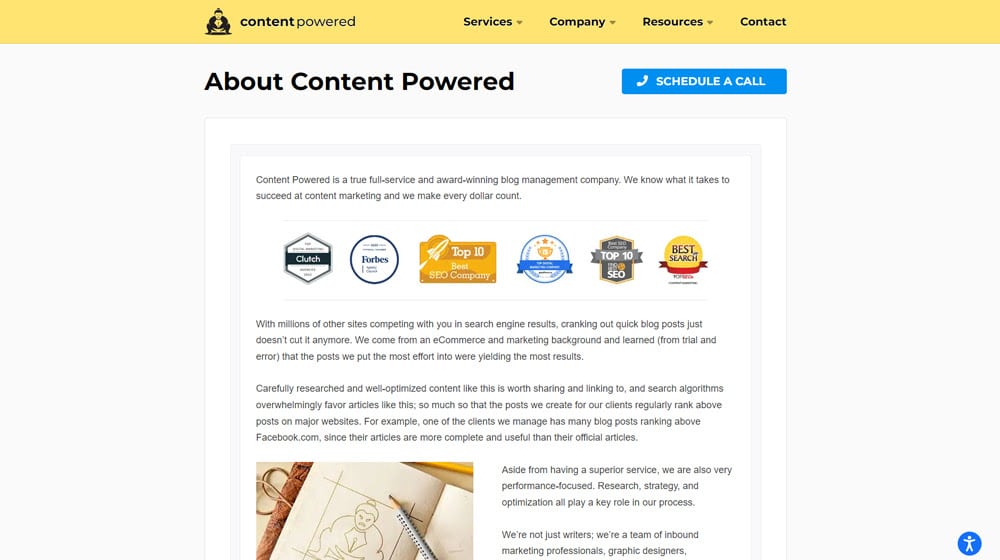
I do have other About-esque pages. For example, a lot of businesses might include things like testimonials and a process page as part of the overall About page content. I split them off into their own pages. Would I benefit from rolling them together or putting shorter versions of each as part of the About page? Maybe, but I'd have to test to see, and I have other things I'm testing first. I'll be sure to edit this section if I do run that test, though!
There are also a variety of other kinds of information you might include depending on the specifics of your brand. Ideas might include:
- Information about events you host or sponsor.
- Information about press inquiries, interview requests, and specific media contacts.
- A press kit link if you're the kind of business people routinely report on.
- Links to specific support or warranty information if that's likely to be relevant.
Every About page is going to be unique and tailored both to your brand and to your customers, so don't rely on copying what other brands are doing.
Step 3: Compile and Organize Information
Once you have some idea of what you're including in broad strokes, you need to start gathering the relevant information, formatting it, and getting it ready for inclusion. WordPress's block editor makes it easy to put each chunk of information in its own block and rearrange them as you like, which is quite handy, but you can do it manually, too.
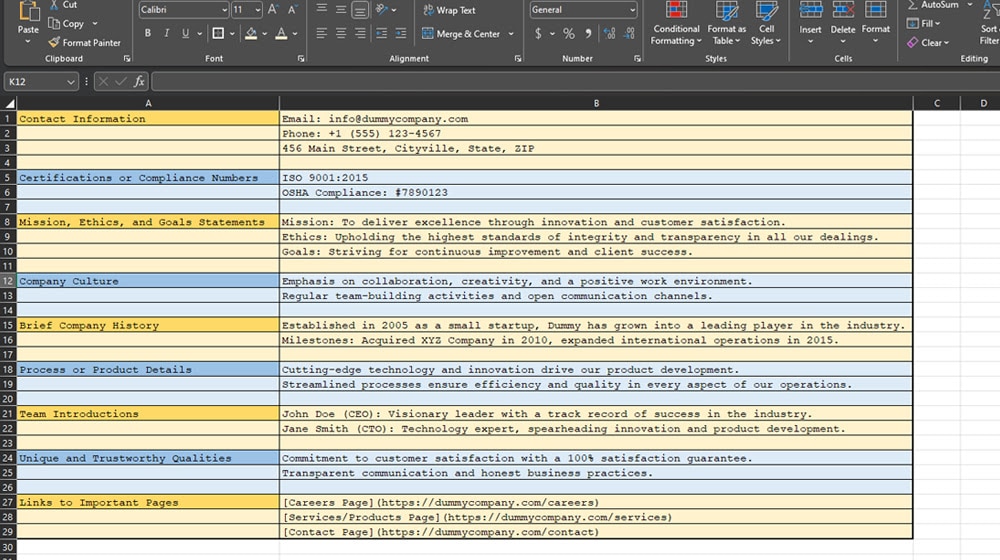
In general, you should have:
- Contact information, including NAP, if relevant.
- Specific certifications or compliance numbers if relevant.
- Overall mission, ethics, and goals statements.
- Your company culture, if relevant.
- A brief history of the company in broad strokes.
- Your process or product details in generalities that cover your whole company.
- Introductions and bios of noteworthy people on your team.
- What makes you unique and trustworthy.
- Links to other important pages, like a careers page, services/products page, and contact page.
A key part of all of this is the through-line. Each piece of information is crafted to say, "This is who we are, this is why you should trust us with your business, and this is how we'll help you."
Step 4: Keywords
Keywords are tricky.
It's easy – well, "easy" – for content on a blog or product page, but what do you do for your general company About Us page?
You don't necessarily want that page to compete with your other content since it isn't going to be optimized for that content. Fortunately, it's not as hard as it seems once you wrap your mind around the general purpose and position of an About page.
Generally, you'll have three kinds of keywords on your About page.
- Brand keywords. Your About page is the #2 result for your brand name after your homepage. Throughout the page, you should make sure to organically use any variations of your branding that you use or that your audience uses to make sure you hit those as well.
- Industry and product/service keywords. The key here is that you aren't competing with your service or product pages because those are going to be long-tail keywords for the specific product or service. Meanwhile, your About page will have your top-level, general, broad match keywords. For me, that's things as general as "content marketing" and "blog management."
- Location keywords. This isn't always relevant, but I've found that even as an online-exclusive business, I still get people who prefer working with local companies, which is why my base location and the locations of my distributed team are both mentioned. If I had a corporate HQ, a specific office, or a retail location, those would be mentioned as well.
Your About page is largely static and can be relied upon to stick around. It's also the kind of page that a lot of people are going to link to when they mention your brand, so it's going to build up SEO value over time and rank better and better for those keywords.
Step 5: Technical SEO
Content is just one part of the puzzle. A huge part of what makes an About page valuable is that it's a sure-fire addition to your site's sitelinks in Google search.
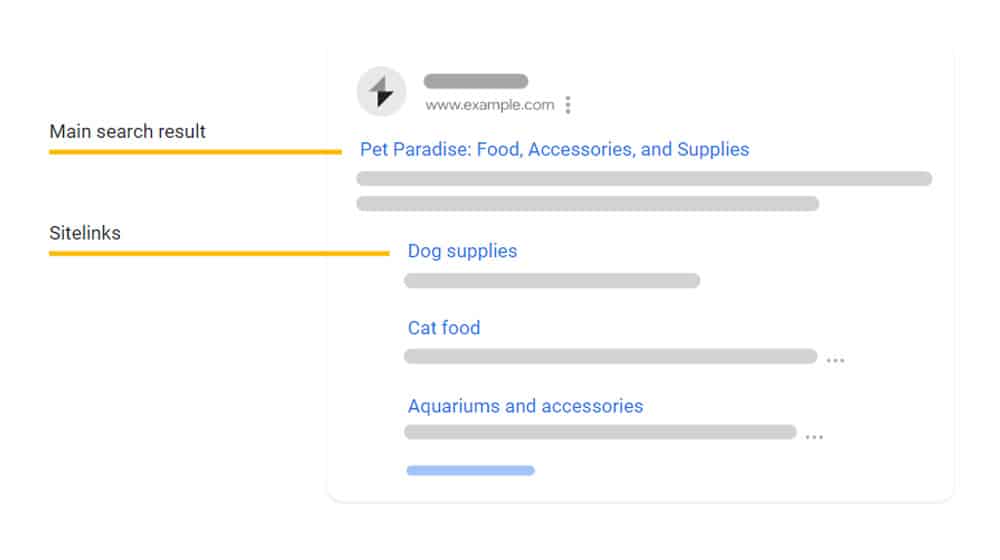
To get those, though, you need to make sure all of your technical SEO is up to spec.
- Optimize your meta title and description fields to include your top-level keywords, brand keywords, and description.
- Make sure you have internal links both to and from the About page.
- Include a focused call to action leading to your service or product page.
- Implement Schema markup for your About information. Specifically, the Organization schema is tailor-made for this purpose.
- Make sure the page is fast-loading and free of technical errors.
This isn't too terribly different from any other page on your site, but it's important that you treat it seriously instead of considering the About page an afterthought like so many brands end up doing.
Step 6: Consider Media
This is very much an "up to you" aspect of an About page. Every good About page will have some graphical design elements to it, but what those include can vary. I've seen very well-made About pages that just use abstract shapes, swirls, and patterns to spice up the page without adding tangible content. I've also seen others that are laced with useful images that add to the story being told. Sometimes, you might even want to have a video on the page, embedded and ready for users to play if they want to know the deeper story of your business.
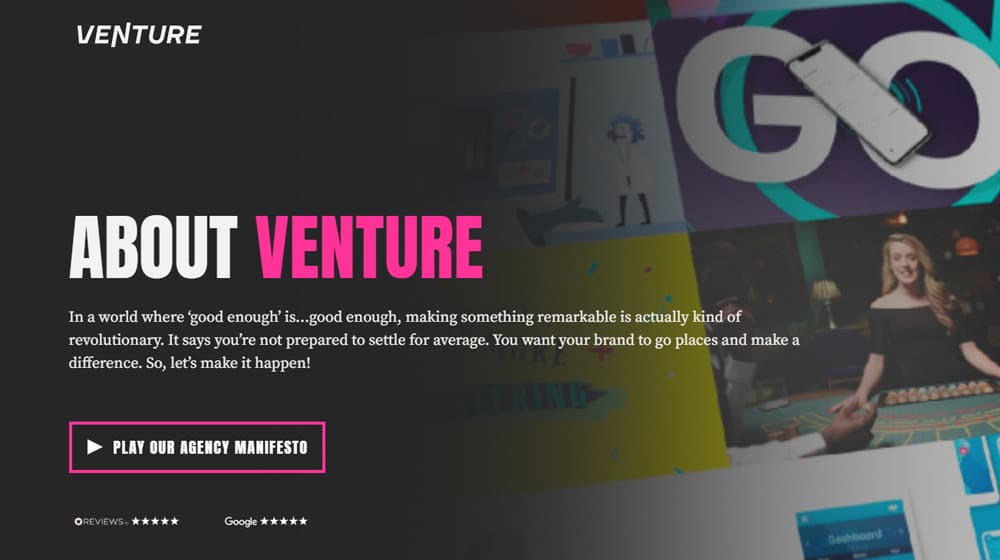
If you include media, it needs to be relevant, valuable and kept up to date. Videos should lazy load so they don't delay your page's load times, and they should have a transcript available for further indexing. Images should have well-written and high-quality alt text and descriptions for accessibility and indexing.
Step 7: Monitor and Improve CRO
CRO is Conversion Rate Optimization. Once you have a high-quality About page in place, there's a decent chance that it's going to have a surprisingly good conversion rate.
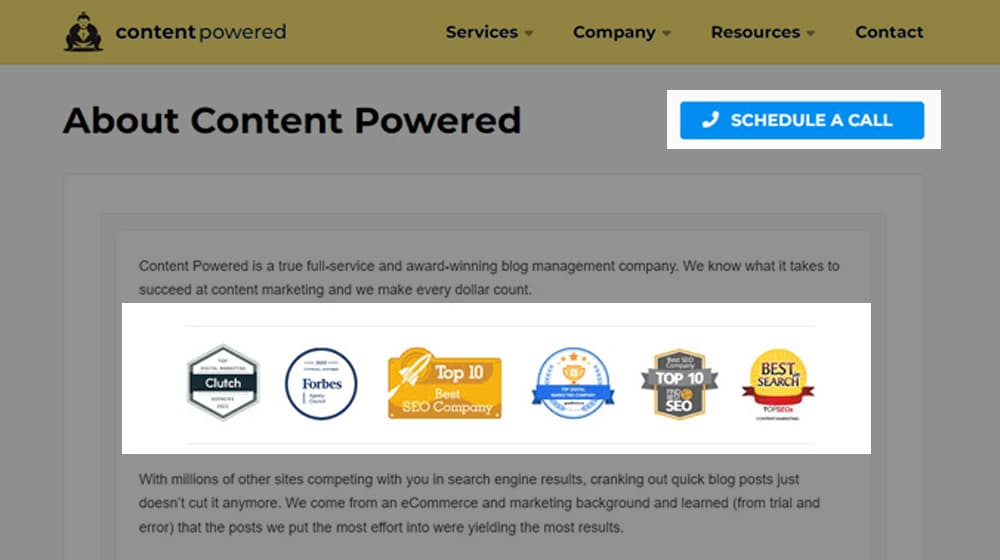
That doesn't mean it can't be improved, though.
- Include some elements of social proof. Whether it's icons of awards you've won, logos from brands you've worked with, or testimonials from customers who are most satisfied with your product or service, these can all help improve the likelihood of visitors converting directly from this page.
- Case studies are an excellent include for both further social proof and for expanded trust. Most case studies take up a lot of space, though, so a brief summary and a link to a detailed study are usually the way to go.
- Multiple means to contact you are essential. A good About page should make it easy for anyone who wants to reach out to be able to do so, whether that's through a contact form, an email address, a phone number, a live chat, or your social profiles. Obviously, though, only include the channels you actively monitor and use.
This is also an important page for monitoring and testing – even split testing – different CTAs. The same CTA you use in all of your blog posts may not be as attractive in the same context. Plus, you can be more self-promotional on your About page, with more direct sales language, so it can be a great idea to experiment.
Should You Invest in an About Page?
If all of the above looks like a lot of work, you might wonder whether or not it's even worthwhile. After all, it's just another system page, right? It's not like this is a high-value, ad-landing destination page.
Truthfully, you can lean into it as hard as you want. There are plenty of excellent businesses out there thriving every day with absolutely terrible, poorly-optimized, bog-standard About pages.
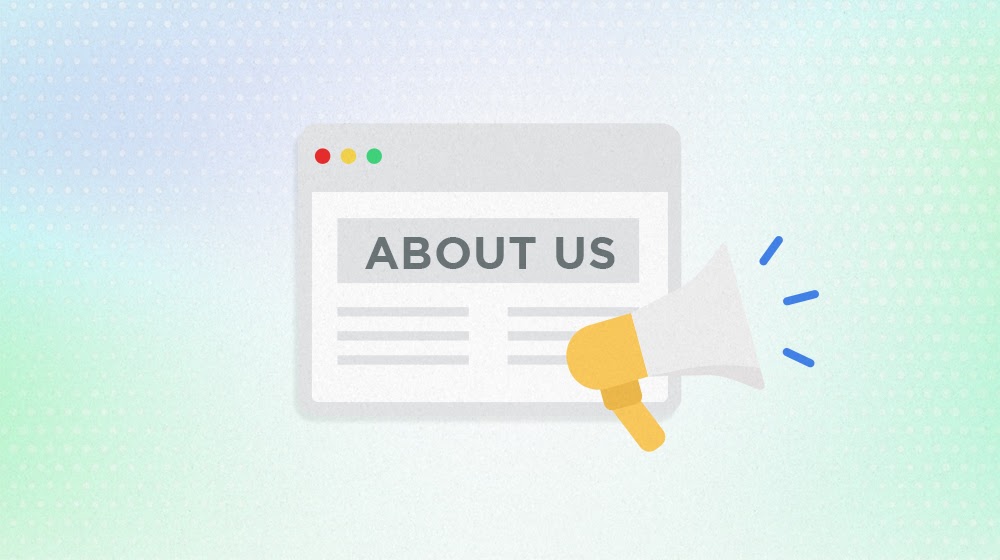
One thing to remember, though, is that part of modern online marketing is constantly seeking ways to have evergreen link-building destinations and nodes for SEO value and link juice to flow. An About page is one of the most static and reliable possible pages for people to link to, and when it has enough tangible value, it can be an incredible way to build up that SEO value.
There are likely other things capturing your attention in terms of site improvements and overall marketing. There are likely many more important things to work on testing and improving with the limited time you have available.
But, if you catch a spare moment, why not turn that attention towards telling others who you are?
After reading this article, did you have any questions? If so, let me know in the comments section. I'd be more than happy to help you out!



 30 Second Summary
30 Second Summary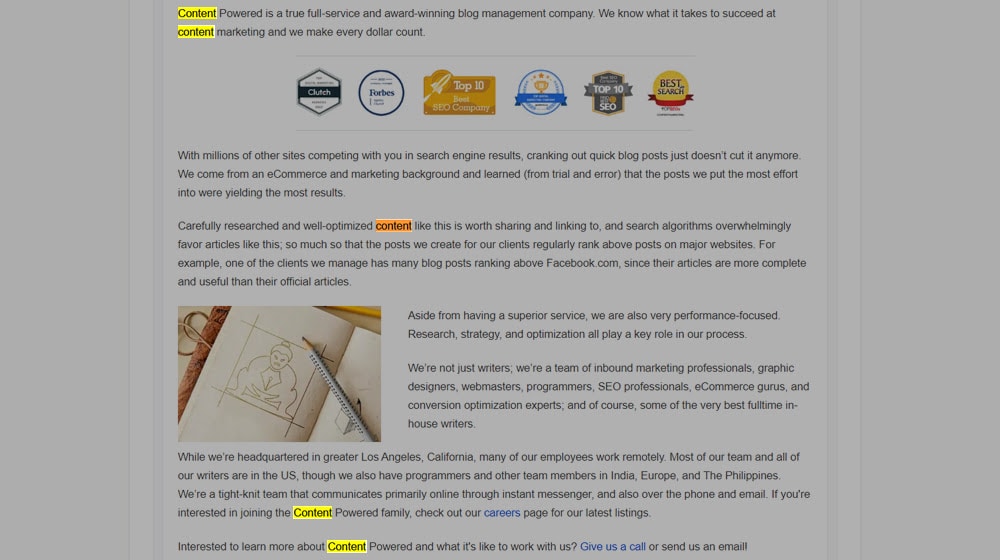
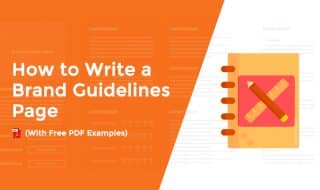
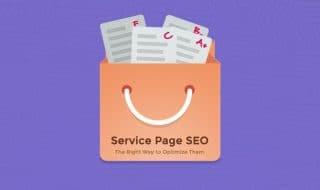
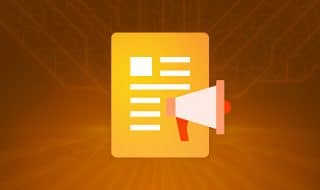

Comments